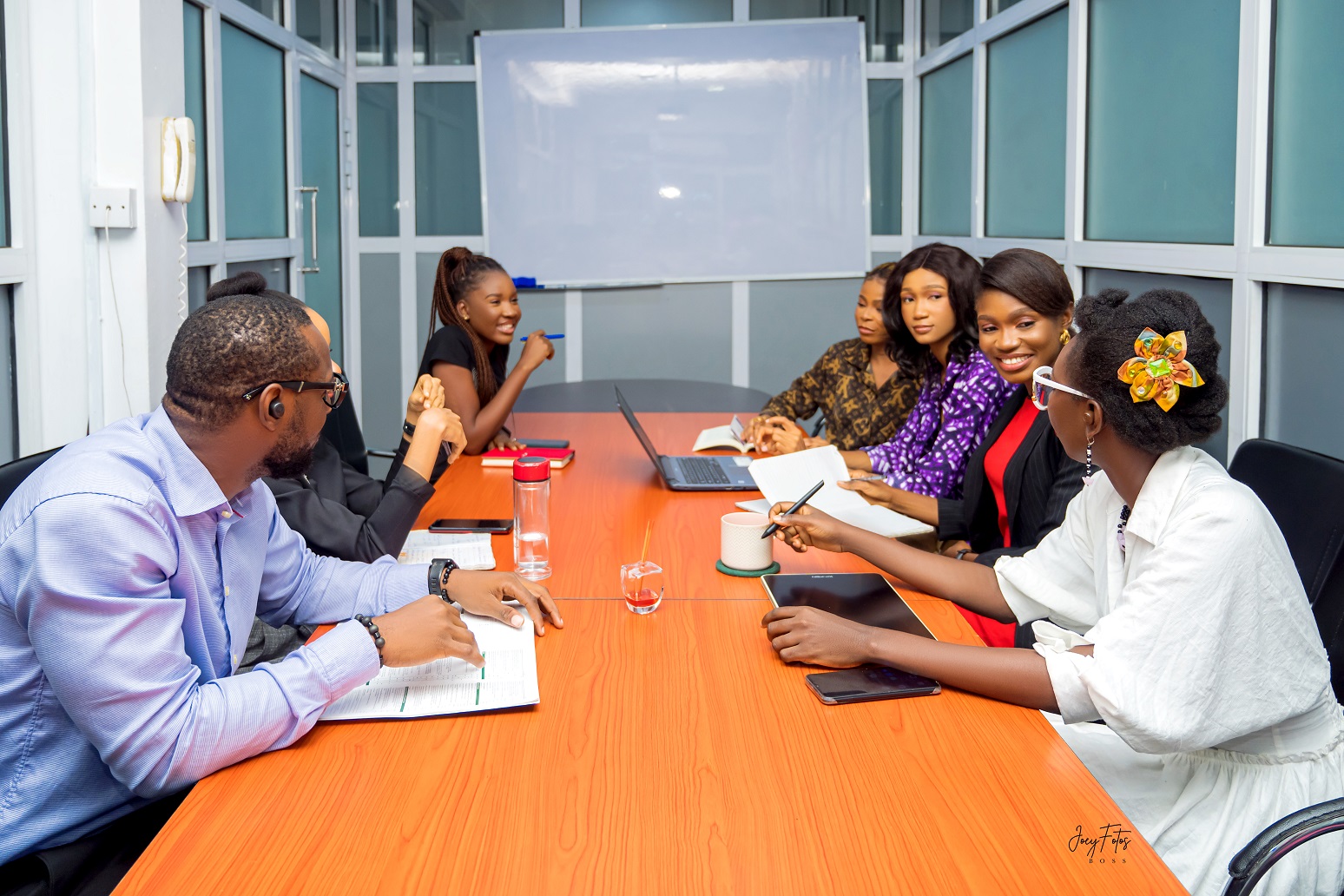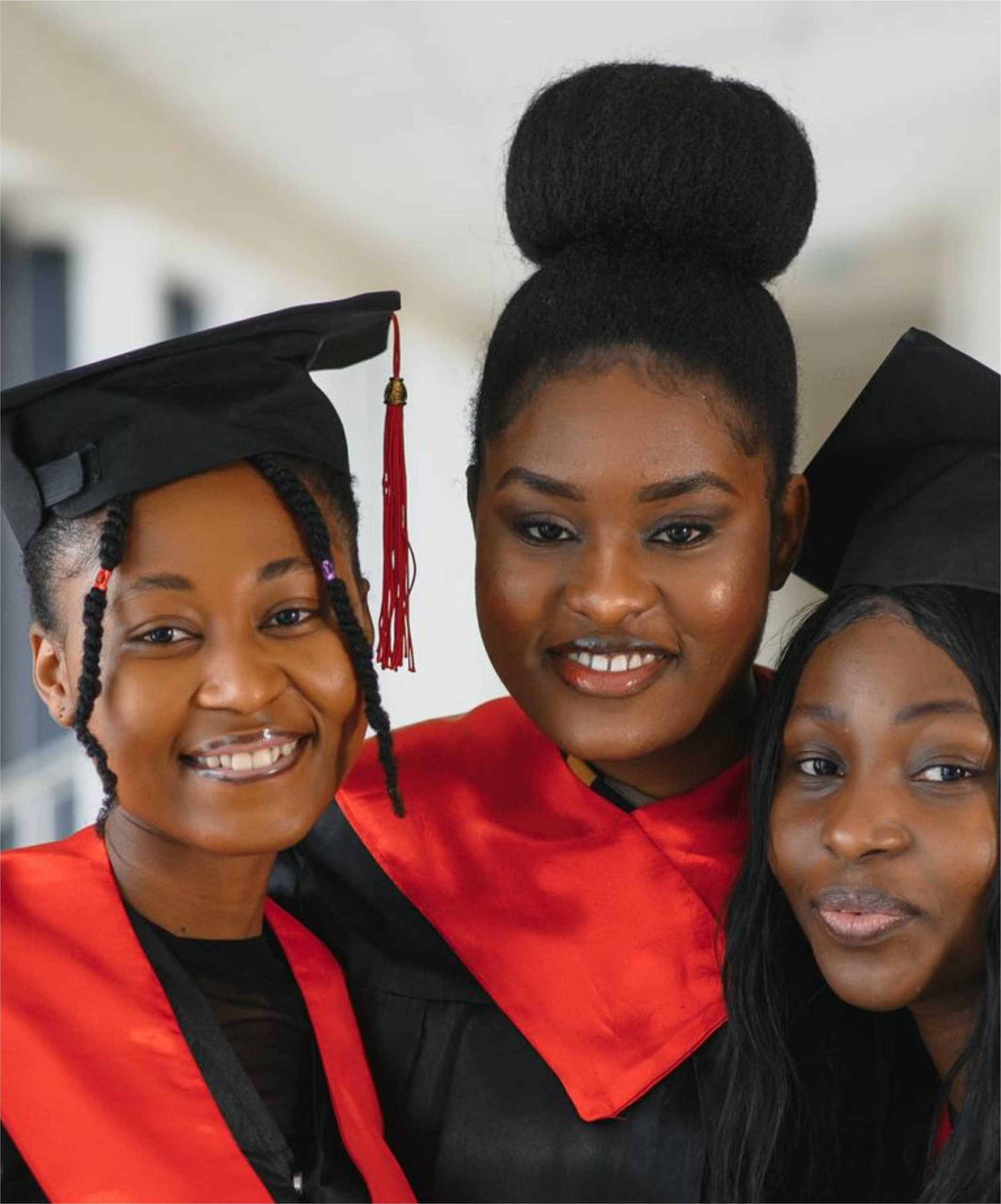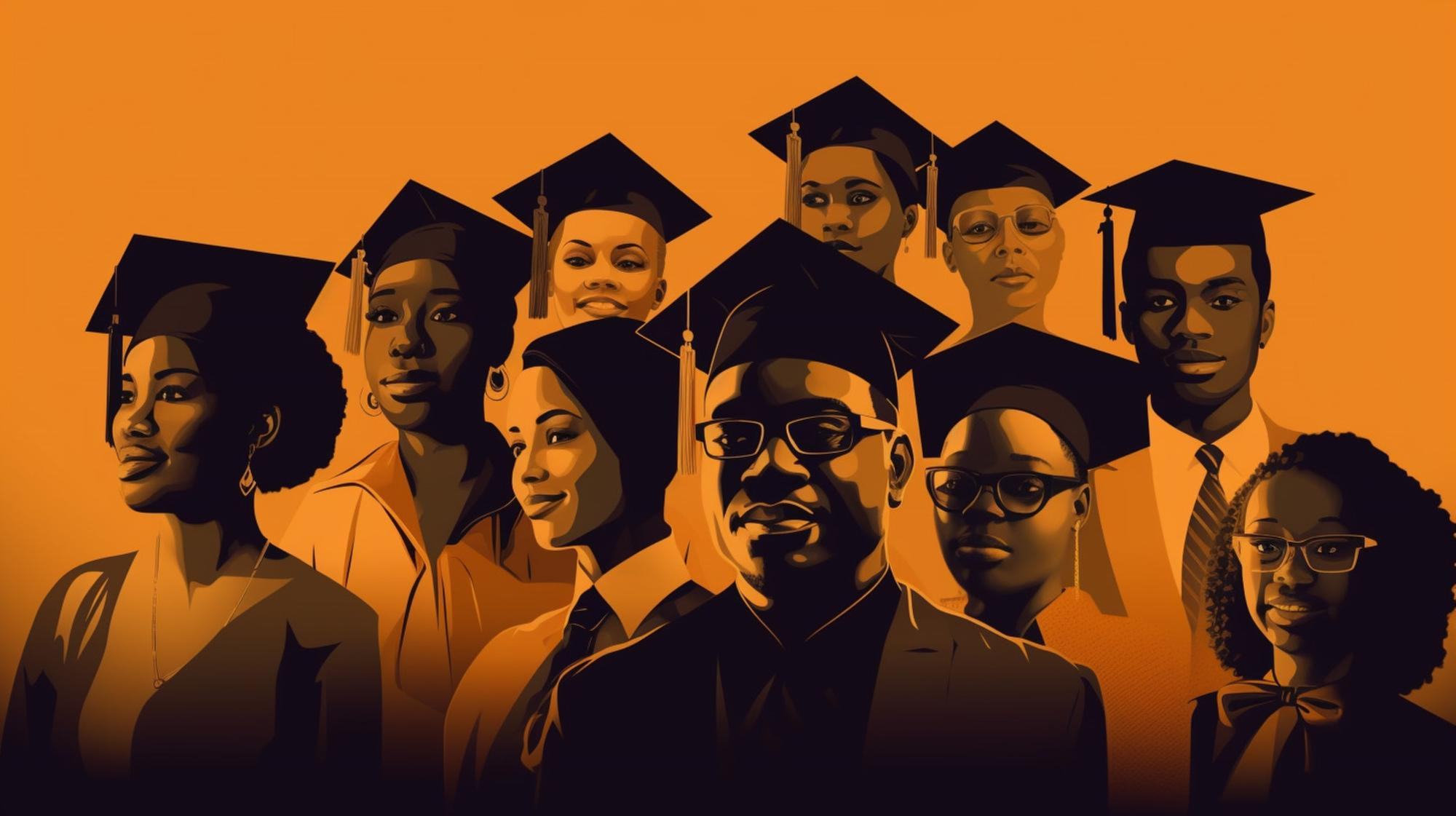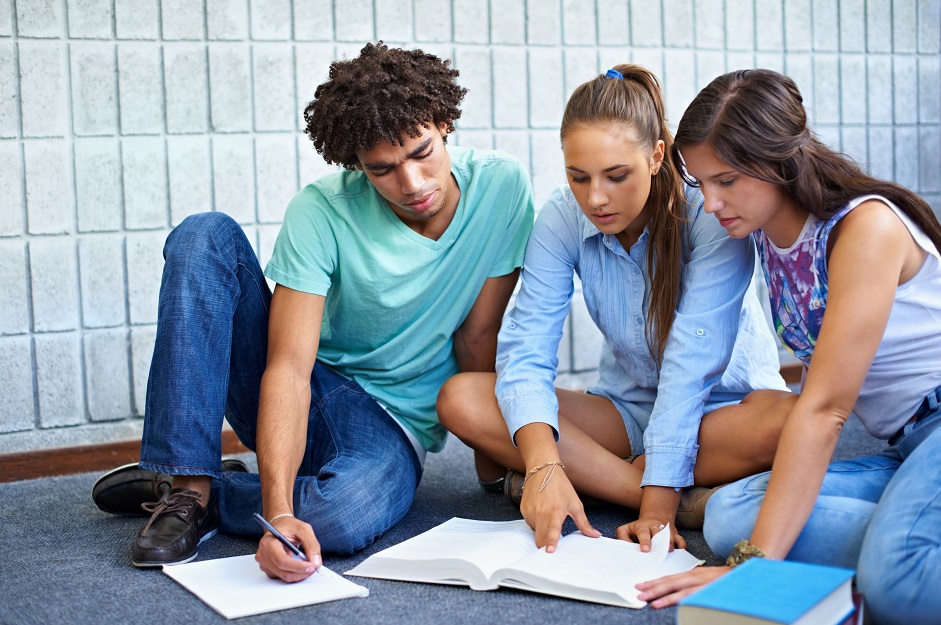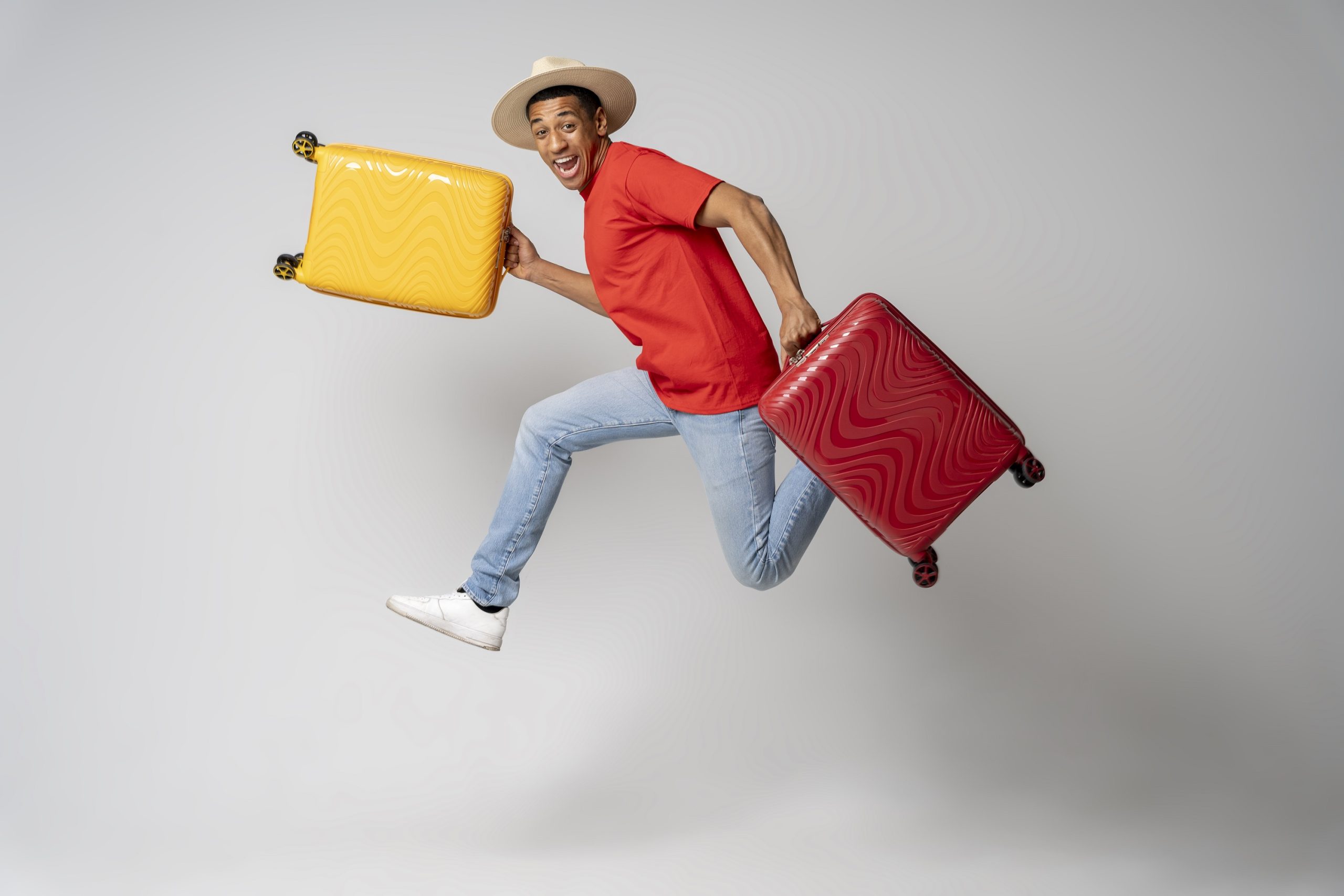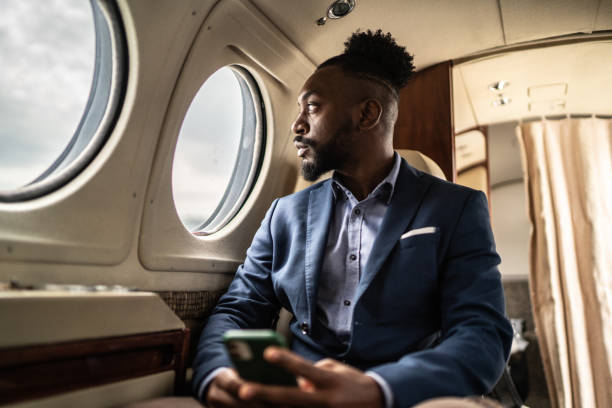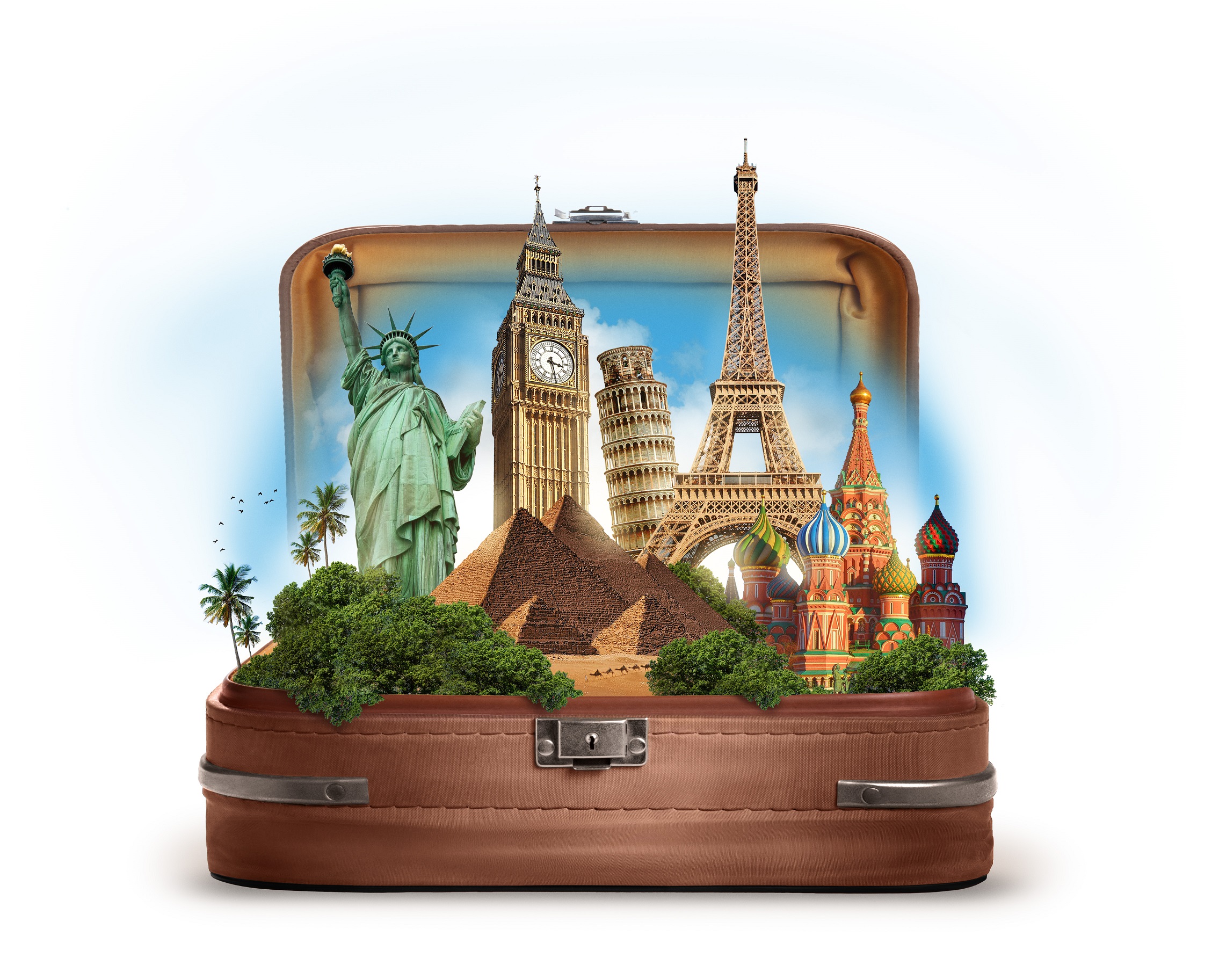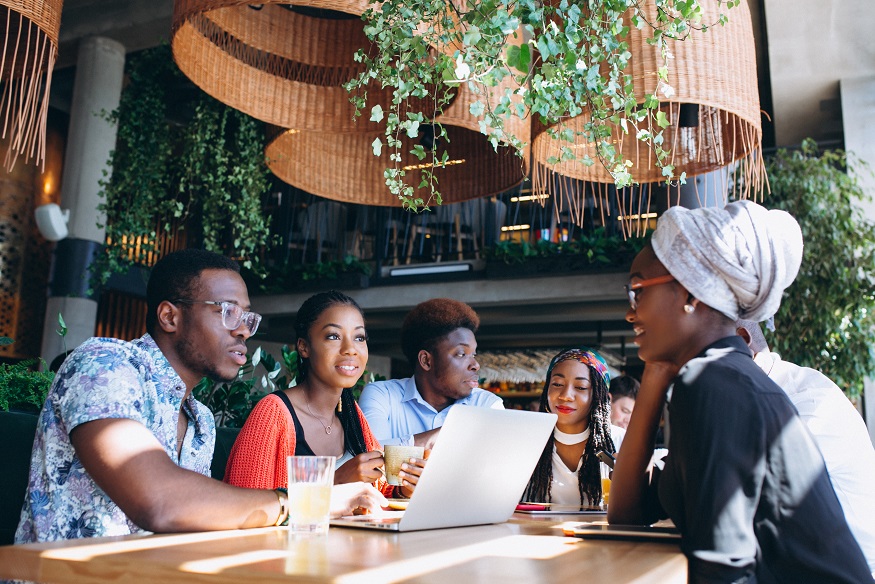
Studying abroad is a fantastic way to expand your career opportunities, explore new cultures, widen your horizons, and develop invaluable life skills. If you’d like to study broad but don’t know where to start, read this. However, it can also be scary and stressful, particularly when it comes to forming connections and making relationships in a new environment.

Stock Image
Making connections with people while studying abroad, whether for a Bsc or Msc, will help you make the most of your time there. Here are a few reasons why this is important;
- Making connections and new acquaintances can lead to friendships that last a lifetime.
- In times of transitioning, having friends offers social and moral support.
- Developing relationships provides networking possibilities later on.
- You can learn about the culture and traditions of your new environment by making friends with students/people who are locals.
These are just a few reasons why making connections during your study abroad programs is imperative.
Of course, for some, making new connections might be as easy as walking up to someone, giving them a compliment (make sure it’s always genuine) and exchanging numbers or social media handles. For others, it might not be as easy. In this article, I’ll share some tips to help you build relationships and connections, by,
- Joining clubs and organisations.
- Attending social events.
- Volunteering while studying abroad.
- Connecting with locals.
- Using social media.
Joining clubs and organizations.
Joining clubs and organisations that are relevant to your interests is one of the easiest ways to make friends and become engaged in your new environment. This could be a sports team if you have a sport you excel at. For instance, if you love swimming, you could join the swimming club or team in your school if there’s one. Or if you’re someone who is big on social causes, you could volunteer at a non-profit organisation.
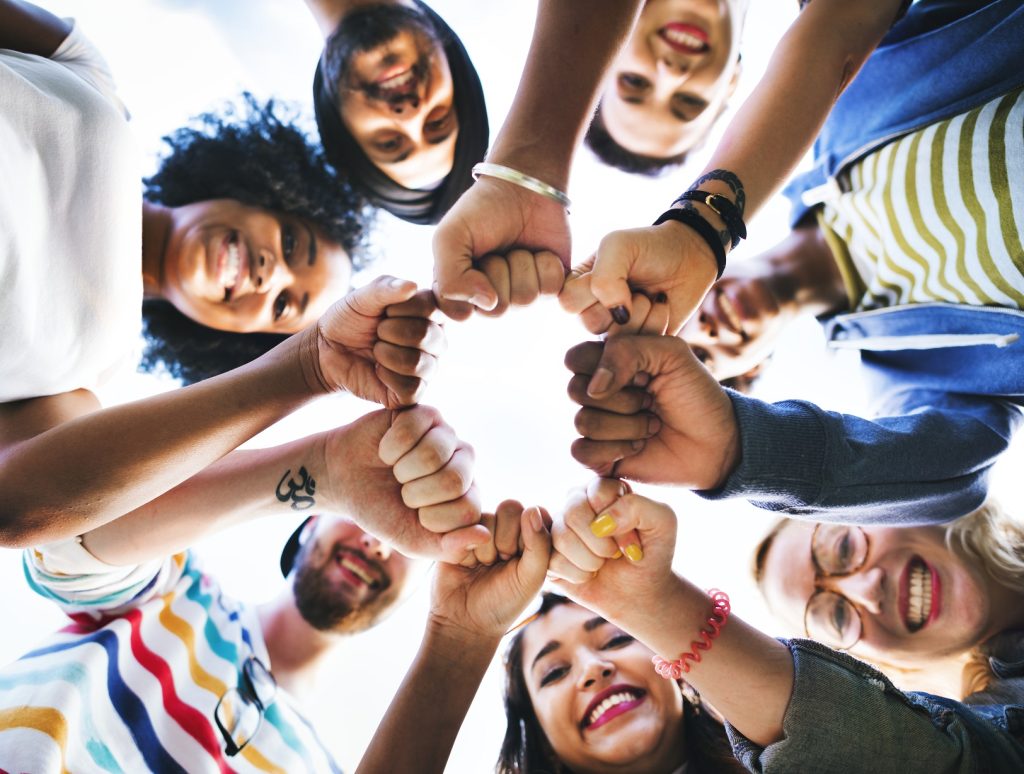
If you can’t find a community that aligns with your interests, you can consider creating one. For instance, you can create a book club if you can’t find one, (be sure to go through the appropriate processes). Joining clubs and organisations while studying not only lets you interact with people who share your interests,but helps you learn new skills, and take part in extracurricular activities.
Attending social events.
Attending social events is a fantastic way to meet new people. This might be anything from a student party to a cultural festival. Social gatherings offer a more relaxed and casual atmosphere. People are frequently more friendly, and open to meeting new people in this laid-back setting.
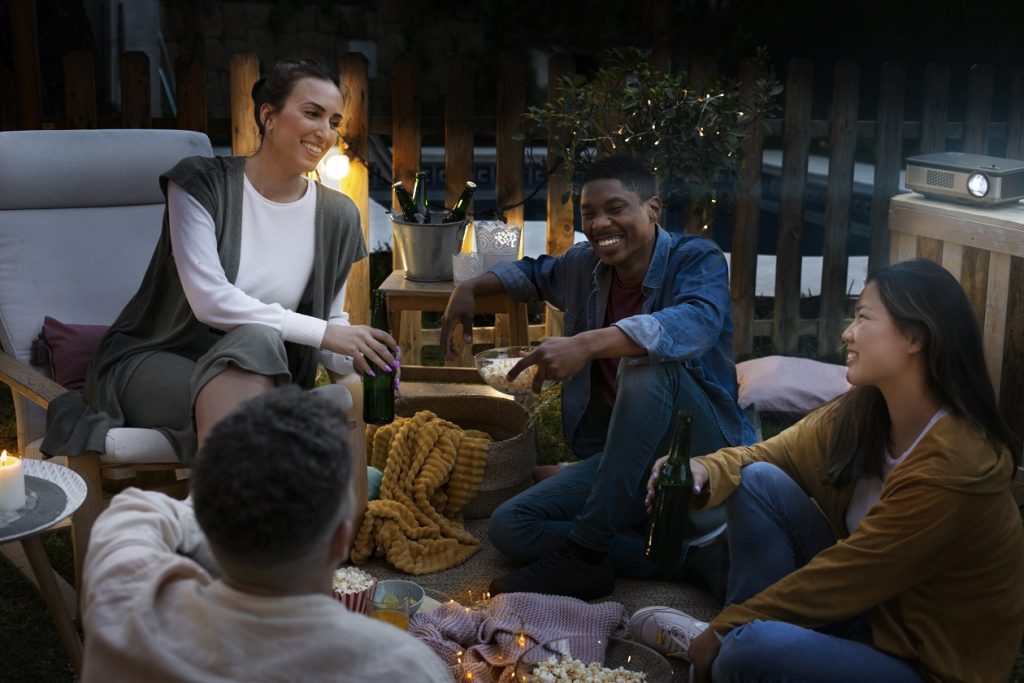
Having conversations, exchanging stories, and forming friendships is easier. Make an effort to introduce yourself to others and start up talks. Who knows who you might meet?
Volunteering while studying abroad.
In addition to being a wonderful way to give back to your community, volunteering gives you the chance to meet new people and establish relationships. You have the chance to develop relationships with other volunteers through shared experiences that can promote camaraderie and result in lasting friendships.These relationships may result in partnerships, job opportunities, career guidance, mentorship, or other chances that will advance your personal and professional development. Look for volunteer opportunities in your school or neighbourhood organisations. Volunteering also improves your resume and helps you gain useful experience.
Connecting with locals.
Connecting with locals is key to experiencing the true culture of your host country. Try to strike up conversations with locals whenever you can. This could be at a café, on public transportation, or even at the grocery store. Asking questions about the culture, traditions, and way of life will make them more receptive to your inquiries. Pay attention to what they have to say, and express gratitude for what they know and have gone through. People often appreciate it when others genuinely care about them. Try learning a few simple greetings or phrases in the local language. It conveys that you are open to communicating with them on their terms and that you appreciate their culture. You’ll have a better chance of meeting people and getting a true sense of a place if you show a sincere interest and behave with respect.
Using social media.
Even when you’re hundreds of miles away from home, social media is an effective tool for keeping in touch with people. Join Facebook groups for local communities or international students. This is a fantastic method to pose inquiries, exchange stories, and even plan gatherings. Ask for ideas, guidance, or even set up get-togethers with other like-minded people. Click on this to learn how to use social media to make friends.
A few honourable mentions are through interacting with familiar faces in class, your place of worship, the gym, or the place you work. The key is to be deliberate about connecting with people who have the same goals as you do or people who have attributes you want in friends, attributes like kindness, diligence, creativity. Etc.
In Conclusion
It’s not always easy to establish connections and relationships while you study abroad, of course. Language difficulties, cultural misunderstandings, or even shyness and introversion may need to be addressed. You may, however, make the most of your time abroad and forge enduring bonds that will last with you long after your study abroad experience has ended by putting in a little work and keeping an open mind.
Finally, any study abroad experience must include the development of relationships and connections. For studying abroad, developing relationships is crucial because, as human beings, establishing a sense of belonging and forging connections represents a significant facet of our human experience. So don’t be reluctant to branch out and establish new relationships.
Mirabella-Paulcia Peach
Mirabella-Paulcia Peach, is a Content Designer/UX Writer & Editor fascinated by the power of words. She works with individuals and brands, to bring ideas to life through the art of storytelling while creating heartfelt and onclusive experiences for the users. Mirabella-Paulcia believes that everyone is a story, and our interpretations are how we navigate life. Beyond her work, you'll often find her reading, drawing, or embarking on quests for novel experiences.




